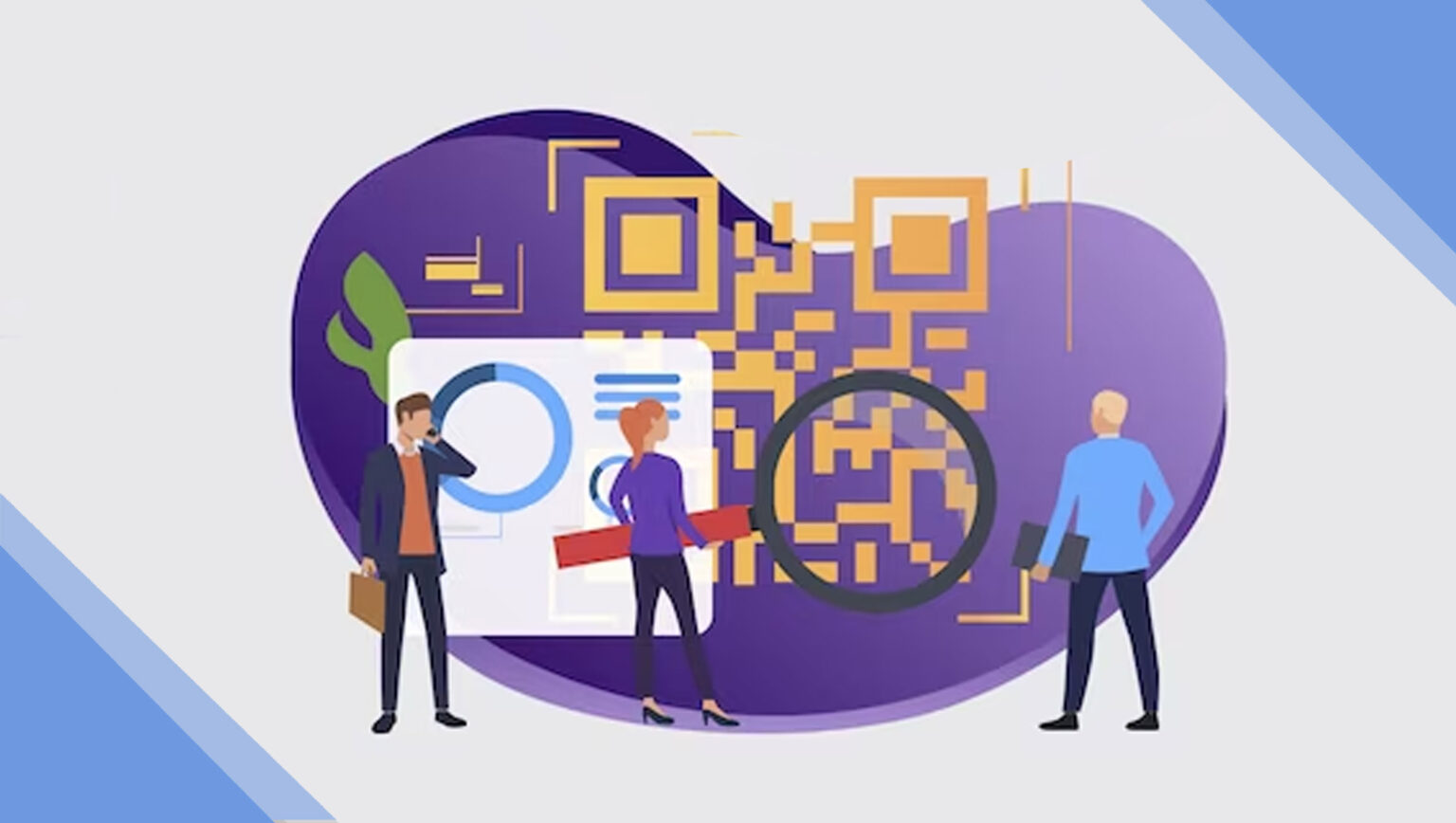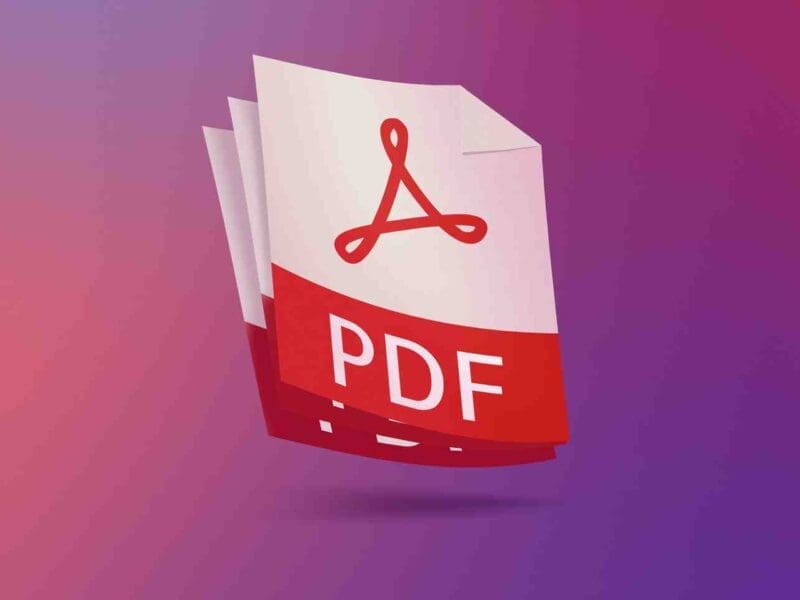
QR Codes in Event Marketing: Enhancing B2B Networking
Introduction
In the world of business-to-business (B2B) event marketing, staying ahead of the curve is essential for success. One tool that has gained prominence in recent years for its ability to enhance networking and information exchange is the QR code. Quick Response (QR) codes have evolved from being mere marketing gimmicks to becoming indispensable assets at industry conferences and trade shows.
This article delves into the strategic use of QR codes in B2B event marketing, exploring how they serve as powerful facilitators for networking and efficient information exchange.
Let’s get into it.
The Rise of QR Codes in B2B Event Marketing
QR codes have become ubiquitous in our daily lives, but their application in B2B event marketing is particularly noteworthy. The ability of QR codes to store a significant amount of information and their ease of use have made them invaluable tools for enhancing attendee engagement and streamlining networking processes. In the context of B2B events, where forging meaningful connections is paramount, QR codes have emerged as a game-changer.
QR Code Generators: Facilitating Networking and Information Exchange
QR code generators have played a pivotal role in the widespread adoption of QR codes in B2B event marketing. These online tools enable event organisers to create customised QR codes that link to a variety of content, such as contact information, product details, or promotional materials. By incorporating QR codes into event materials, organisers empower attendees to effortlessly exchange information with a simple scan.
One of the primary advantages of using QR code generators is the flexibility they offer. Event organisers can tailor QR codes to meet specific networking objectives, whether it’s sharing business profiles, linking to social media profiles, or providing access to exclusive content. This customization enhances the overall experience for attendees and ensures that the networking process aligns with the goals of both participants and organisers.
Successful Examples of QR Code Implementation
Several industry conferences and trade shows have successfully leveraged QR codes to enhance B2B networking. Examining these examples provides insights into the diverse applications and benefits of QR code implementation in event marketing.
- CES (Consumer Electronics Show): The CES, one of the largest global trade shows for consumer electronics, has seamlessly integrated QR codes into its event strategy. Attendees can scan QR codes at exhibitor booths to access detailed product information, watch demos, and instantly connect with company representatives. This streamlined approach facilitates efficient information exchange and allows exhibitors to capture leads effortlessly.
- Mobile World Congress (MWC): MWC, a leading event for the mobile and telecommunications industry, utilises QR codes to streamline attendee registration and access control. Attendees receive personalised QR codes upon registration, which serve as electronic tickets for entry. This not only expedites the check-in process but also enhances security measures. Additionally, exhibitors use QR codes to provide interactive product demonstrations, creating a more engaging experience for visitors.
- Dreamforce: Salesforce’s annual Dreamforce conference showcases the power of QR codes in fostering networking opportunities. Attendees can exchange contact information by scanning each other’s QR codes using the official event app. This digital business card exchange simplifies the networking process and ensures that valuable connections made during the event are easily accessible post-conference.
- SXSW (South by Southwest): This renowned festival that converges music, film, and interactive media has embraced QR codes to enhance the attendee experience. QR codes are strategically placed on event badges, allowing participants to exchange information with a simple scan. Additionally, SXSW integrates QR codes into its event app, enabling users to access schedules, speaker details, and networking opportunities in real-time.
Benefits of QR Code Implementation in B2B Event Marketing
The success of QR code implementation in B2B event marketing can be attributed to the myriad benefits it offers:
a) Efficiency in Networking: QR codes streamline the networking process by eliminating the need for manual data entry. Attendees can quickly exchange contact information and access relevant content with a simple scan, maximising the efficiency of networking interactions.
b) Enhanced Data Capture: For event organisers, QR codes provide a robust mechanism for capturing valuable attendee data. By analysing QR code scans, organisers gain insights into attendee engagement, popular booths, and areas of interest. This data-driven approach enables more informed decision-making for future events.
c) Customization and Personalization: QR codes can be customised to align with the branding and objectives of the event. Whether it’s directing attendees to product catalogs, social media profiles, or exclusive promotions, the versatility of QR codes allows for a tailored and personalised experience.
d) Improved Lead Generation: Exhibitors benefit from QR codes as powerful lead generation tools. By incorporating QR codes into promotional materials and booth displays, exhibitors make it easy for potential clients to access relevant information and express interest, ultimately driving lead generation efforts.
Real-time Engagement: The instantaneous nature of QR code scanning facilitates real-time engagement. Attendees can access information, participate in surveys, or join virtual discussions seamlessly, enhancing the overall event experience.
Conclusion
QR codes have evolved from being simple black-and-white squares to becoming indispensable tools in B2B event marketing. Their ability to facilitate efficient networking and streamline information exchange has positioned them at the forefront of event technology.
Successful examples from industry conferences and trade shows highlight the versatility and impact of QR codes in creating seamless and engaging event experiences. As the B2B event landscape continues to evolve, embracing QR codes as integral components of marketing strategies can significantly enhance attendee engagement, satisfaction, and the overall success of events.







